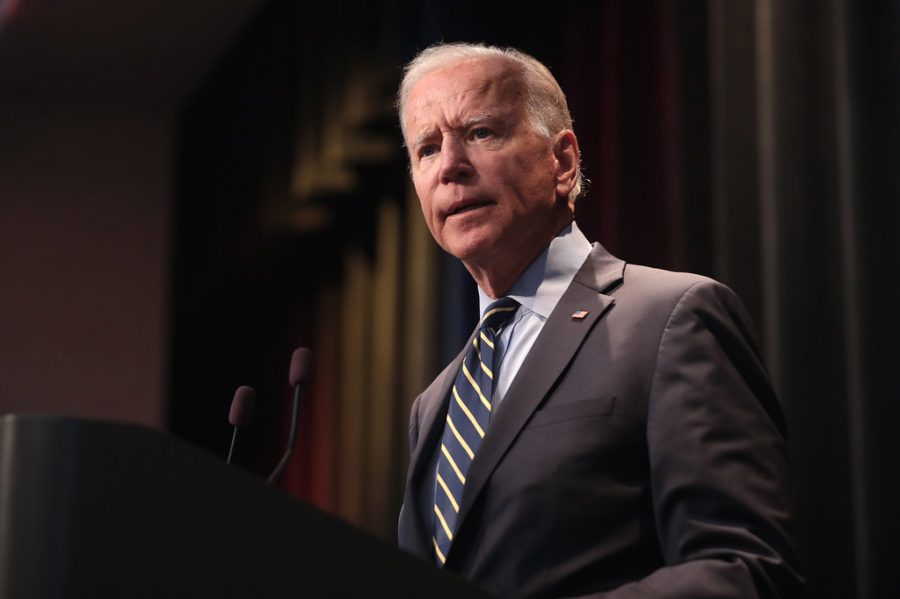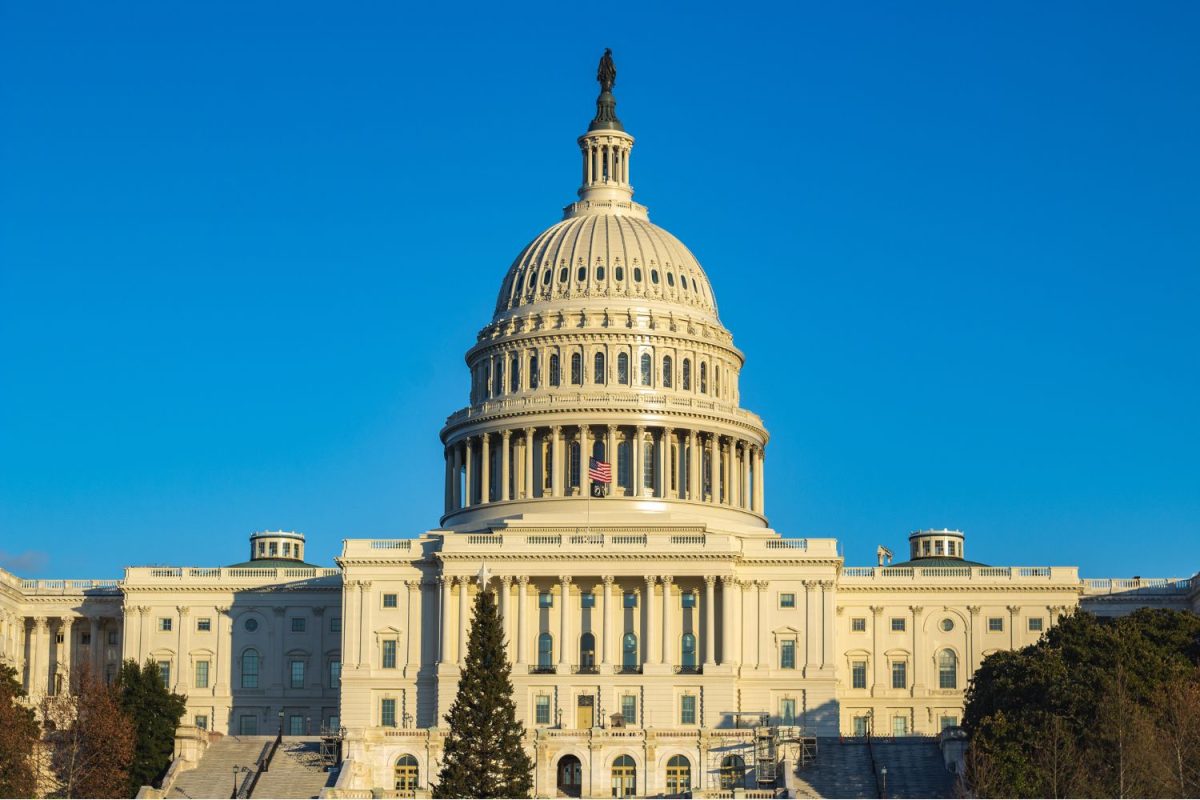After less than one year in office, President Joe Biden has made certain decisions that have sparked partisan conflict between the Democratic and Republican parties in the United States.
After election results named Biden as the head of the country, Democrats were elated. The sentiment amongst the party is currently more conflicted. Consequently, Biden’s overall approval rating has plummeted.
Biden’s initial approval rating of approximately 53% has dropped to around 45%. Even though Biden’s first-year approval rating has been higher than that of former President Donald Trump, he has fallen behind Barack Obama, George W. Bush, Bill Clinton, Ronald Reagan, and even Richard Nixon’s first-year ratings.
A wave of disappointment has washed over Democrats vying for substantial change in regards to climate change, housing affordability, immigration, gun laws, student loan debts, and more.
“Biden wants to do the right thing, just as he did as a senator and as vice president, but with the current polarization in politics and the extremes in both parties, it’s hard for him to be the moderate that he campaigned as,” Marcus Oettinger, a sophomore at Carlmont, said.
Biden has made many promises that he hasn’t yet initiated– including solidifying a healthcare plan, protecting abortion rights, and developing a smoothly flowing immigration system.
According to David Braunstein, a government and economics teacher at Carlmont, Biden seems to be following the trends of the politicians who came before him, as he focuses on short-term goals and temporary solutions.
“What America wants from their leadership is a general care for the people… currently, senators, representatives, and presidents make any promises that will get them elected for another term. They do whatever gives them respect and power in their party,” Braunstein said.
Nevertheless, Biden has fulfilled one of his biggest commitments: handling of the COVID-19 pandemic. Vaccine distribution increased 57% since Biden’s inauguration at the beginning of the year. Currently, 56% of the American population is fully vaccinated, and 65% have received their first dose.
“The handling of the pandemic has been a strong suit for the Biden administration,” Oettinger said. “But it is unfortunate that a large amount of the population is willing to put their politics and religion in front of doing the right thing.”
The partisan divide between Democrats and Republicans has arguably been one of the most significant detriments to the US hegemony. The constant rivalry has slowed down numerous bills from becoming laws. The fighting has slowed down the further development of trade, immigration, handling of the climate, and more. Biden’s failure to be able to unite the country– or even his party– has been one of his biggest vulnerabilities as president.
“Currently, the Democrats look divided and disorganized. An example of this is when Democratic legislators like Joe Manchin and Kyrsten Sinema – who are considered moderate, and arguably even more conservative Democrats – are butting heads with progressives like Alexandria Ocasio-Cortez and Bernie Sanders from their party,” Braunstein said.
Debatably, the most significant reason for Biden’s sudden drop in image is his handling of the Afghanistan crisis. The war ended with an evacuation that stranded thousands of Americans and Afghans in a warzone.
“The fall of the government was inevitable after the deal made by the Trump administration, although the lack of preparation for that inevitability was quite surprising, but… pulling out was the right decision. The execution was just poor,” Oettinger said.
Reactions on the world stage vary from amusement to sheer disbelief at the defeat of the United States – the current global superpower – by a seemingly puny militant group in a devastated country.
However, Afghanistan is not the only foreign country Biden has been dealing with. His foreign policy plan includes, but is not limited to, stricter approach to the Iran nuclear deal, an allied approach to denuclearize North Korea, a strengthened NATO alliance, and stabilized relations between the U.S. and Russia.
Braunstein feels that Biden is lacking a strategic approach to better American diplomatic relationships. Braunstein believes that the French-Australia submarine contract is a more recent example of Biden’s mishandling of foreign relations.
“The United States’ decision to interfere in France’s deal with Australia was nonstrategic. During a time where the U.S. should be strengthening its alliances, it can’t be making deals at the cost of its closest allies,” Braunstein said. “It is vital that the U.S. improves communication and cooperation with its allies.”
In the past couple of months, Biden’s approval has dropped significantly, his party seems to become increasingly divided, and Trump’s fanbase has still maintained a united front.
Some say Biden needs to pay attention to current social issues, even at the expense of other government facilities.
“I believe Biden should redistribute America’s budget, such as taking excess funds from the military and redistributing them to healthcare, education, low-income assistance, and housing security” Miguel Licudine, a sophomore at Carlmont, said.
Others argue that Biden needs to make compromises by listening to the concerns of middle America.
“One of the biggest reasons Democrats lost the 2016 presidential election was because they had lost sight of what middle America needed – problems like loss of jobs, excessive taxation, and the overall decline in the health of the economy. Trump’s agenda responded to their concerns and earned their vote,” Braunstein said.
Americans are speculating a Trump return in 2024, but it’s too early in Biden’s presidency to be certain.
“[Biden] can lead, but the current divisions make that difficult… The only way Republicans can win in 2024 is if the Democrats are unable to get over their divisions and lead,” Oettinger said.
If Biden does not change the way he connects with America, the country will continue to divide over partisan conflicts, as Braunstein explained.
“I always tell my students, ‘God has given us two ears and one mouth.’ Right now, America is doing a lot of talking and arguing, nobody is listening. What we should be doing is listening to what others have to say, what our people have to say, and most importantly, listening to both sides of the story,” Braunstein said.






















